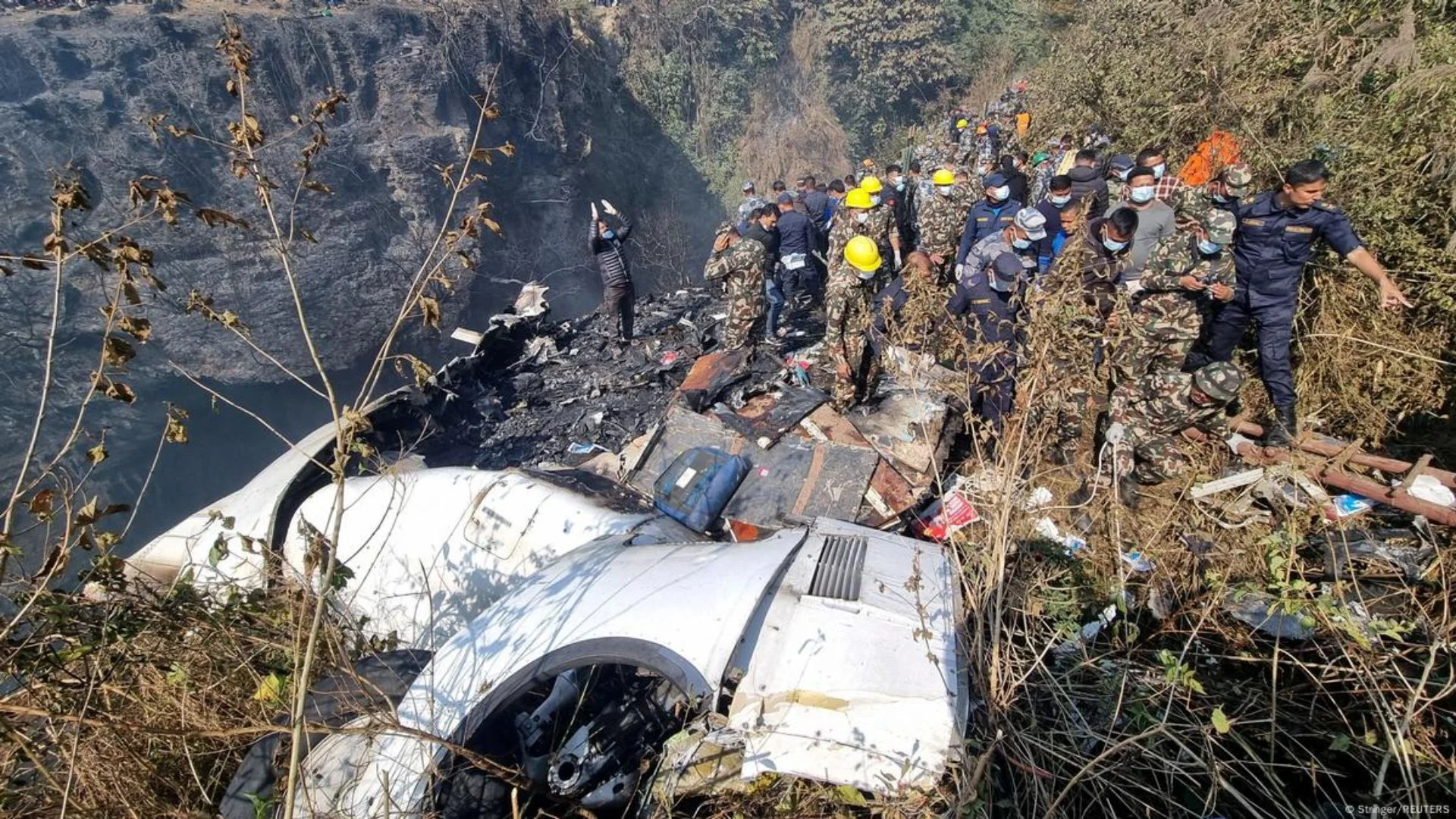On Tuesday, the Supreme Court of India emphasized the urgent need for changes to improve safety conditions for medical professionals, setting up a National Task Force (NTF) to develop an action plan aimed at preventing violence and ensuring safe working environments in hospitals.
The Supreme Court on Tuesday said that the nation can’t wait for another rape and murder for bringing changes on the ground and set up National Task Force to prepare an action plan to prevent violence against medical professionals and providing safe working conditions.
“As more and more women join the work force, the nation cannot wait for another rape for things to change on the ground,” the top court said.
Chief Justice DY Chandrachud, along with Justices JB Pardiwala and Manoj Misra, expressed strong concerns while hearing a suo motu case related to the brutal attack on a 31-year-old postgraduate doctor on August 9, 2024. The doctor, who was working a 36-hour shift, was allegedly raped and killed in the hospital’s seminar room. The Court criticized the West Bengal government for its delayed response, noting a three-hour wait before registering an FIR, and condemned the circulation of the victim’s graphic images on social media, which violated her dignity and privacy.
In its ruling, the Supreme Court highlighted the broader issue of inadequate safety protocols in medical institutions. The Court emphasized that ensuring safe and dignified work conditions for medical professionals is not just a matter of individual protection but a national priority, given the increasing participation of women in the workforce. The Court’s statement underscored that the nation cannot afford to wait for another tragedy to prompt necessary reforms.
The NTF, which includes prominent figures such as Vice Admiral Arti Sarin, Dr. D Nageshwar Reddy, Dr. M Srinivas, and Dr. Pratima Murthy, among others, has been tasked with devising strategies to address violence against medical professionals. The task force will also include ex-officio members from key government departments and agencies, including the Cabinet Secretary, Home Secretary, and representatives from the National Medical Commission and National Board of Examinations.
The Court’s directive to the NTF includes creating an action plan divided into two main areas: preventing violence, including gender-based violence, and establishing enforceable protocols for safe working conditions. The plan should address several aspects, including enhanced security measures such as triaging hospital areas based on risk, implementing baggage screening systems, and training security personnel to manage potentially volatile situations. Additionally, the plan should consider infrastructural improvements, like separate resting rooms for different genders and the installation of security technologies such as biometric access controls and CCTV cameras.
The NTF is also expected to review existing mechanisms for internal complaints and workplace safety in accordance with the Sexual Harassment of Women at Workplace (Prevention, Prohibition and Redressal) Act, 2013. The task force is required to submit an interim report within three weeks and a final report within two months.
The Supreme Court has instructed State and Union Territories’ governments to gather information on hospital security protocols, including personnel employed, screening mechanisms, and the availability of resting rooms. Additionally, the Central Bureau of Investigation has been asked to report on the progress of the RG Kar Medical College case, and the West Bengal government must provide an update on the vandalism that occurred at the hospital following the incident.
The matter is scheduled for further review on August 22, 2024, as the Court continues to monitor the progress of these critical reforms.







